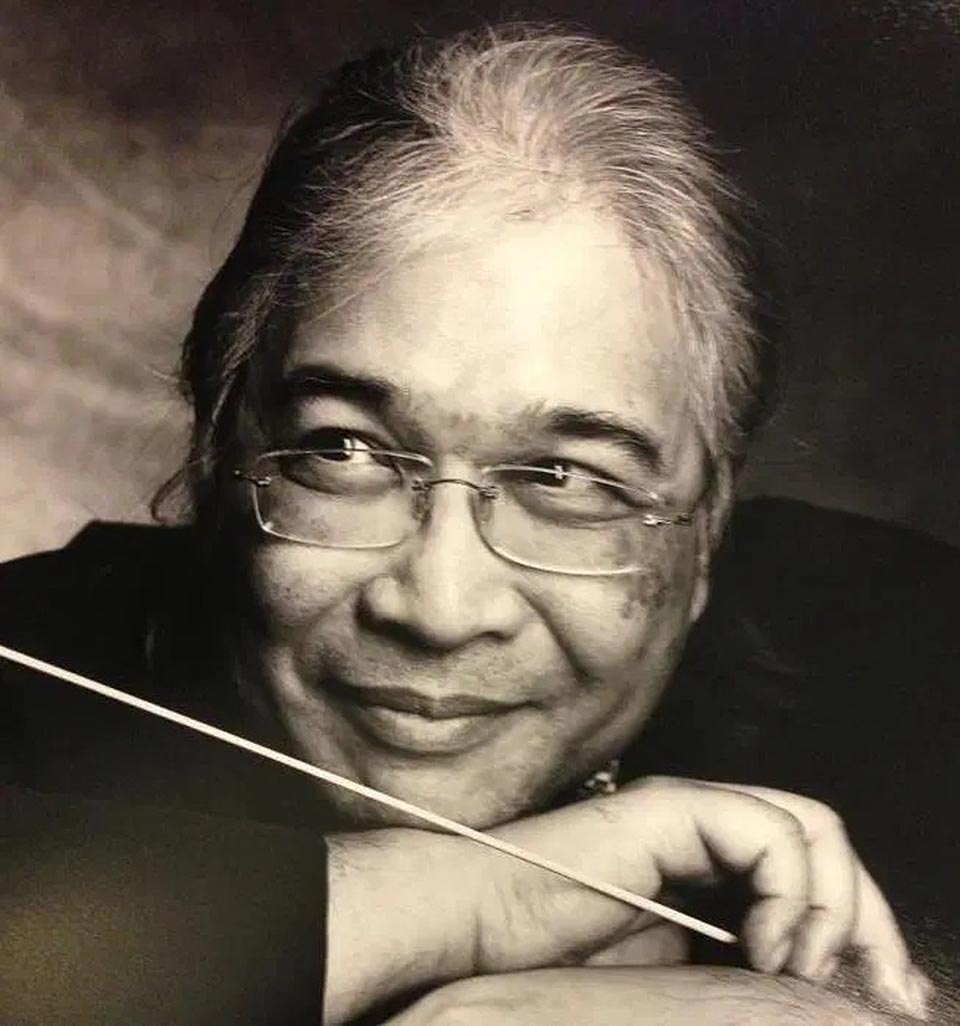
The other day I was pottering around in the kitchen, making lentil soup (since you asked) using a family recipe handed down from my Scottish grandmother. For no obvious reason, the 1940s song Buttons and Bows suddenly started going through my mind. That’s the song that begins, somewhat ungrammatically with “East is east and West is west and the wrong one I have chose.” The song appeared in Britain in 1948 and although I was an infant at the time, I got to know the words by heart and could play the tune on the piano. Interestingly, the tune is almost entirely pentatonic, which means that you could play it using only the “black” notes of the keyboard. The lyrics contain some clever alliteration such as “my bones renounce the buckboard bounce” and there are other amusing touches. It was a hit for Dinah Shore who brought the simple tune to life and you can hear her original (if these things interest you) on YouTube, but be sure to select the original sound-only version recorded in 1947.
The concepts of east and west are somewhat Eurocentric and as far as our planet is concerned, east and west do not exist. However, the words are quite useful when making broad observations. While “eastern” philosophy and religion had a significant impact on the west, the opposite seems to have happened in the case of music. The writer Shelia Melvin claims that Western music formally arrived in China in 1601, when a Jesuit missionary presented a clavichord to Wan Li, the longest-ruling of the Ming emperors. Since the early years of the 20th century, western music has had an enormous impact on some Asian countries especially China. The country produces an enormous range of pianos and other western musical instruments and Japanese wind instruments are considered among the best available. In China, music education adopted Western notation to teach traditional music. Today most Asian countries have embraced the Western classical music tradition. Western-style symphony orchestras are found in all major Asian countries including Thailand.
Chinese and Korean instrumental players dominate the international music scene and Western critics have even suggested that the future of classical music lies in China. Although there are a few notable exceptions, many of Asia’s most successful composers write in a style that is familiar to Western listeners. While some Asian composers borrow ideas from their own musical cultures, the prevailing musical styles reflects the Western classical musical tradition.
Somtow Sucharitkul (b. 1952): Deserted City (Suriyothai Suite). Tanayut Jansirivorkul (vln), Siam Sinfonietta cond. Somtow Sucharitkul. (Duration: 10:11; Video: 480p)
Somtow Sucharitkul is a prolific Thai-American composer who has also achieved recognition as a writer of science fiction, fantasy and horror stories under the name of S. P. Somtow. He was born in Bangkok but as an infant moved to England where he was later educated at Eton and eventually became a student at St Catharine’s College, Cambridge. He returned to Thailand in the early 1960s and became fluent in the Thai language.
The Suriyothai Suite is derived from the music of Somtow’s ballet-opera about Suriyothai, the queen consort who lived during the Ayutthaya period of Siam in the 16th century. She is famous for giving up her life in the defense of her husband, King Maha Chakkraphat during the Burmese–Siamese War. Her life was commemorated in the 2001 film The Legend of Suriyothai. Somtow’s ballet-opera is a compelling two-act work which requires two hundred dancers and singers, as well as a full orchestra. Deserted City is an evocative piece that seems to speak of another age: the music is rich with powerful harmonies and majestic melodic lines. And yes, perhaps there are some reminders of Hollywood but few listeners could remain untouched by this uplifting music.
Narong Prangcharoen (b. 1973): Wisdom of the Land. Thailand Philharmonic Orchestra, cond. Dariusz Mikulski (Duration: 09:50; Video: 1080p HD)
Composer Narong Prangcharoen is currently the Dean of the College of Music, Mahidol University in Thailand. His music is known for its captivating melodies, effervescent rhythms, brilliant orchestrations, ethereal qualities and cross-cultural backgrounds.
Wisdom of the Land was written for the College of Music at Mahidol University and the work is presented in seven small sections, each based on a letter of the word “Mahidol”. Each section expresses one of the core values of the university and some of the music was inspired by the University’s songs and a song composed by His Majesty King Bhumibol Adulyadej. The work opens dramatically with thrills and excitement then moves into moments of lovely lyricism and reflection. The music is thoughtful, colourful and approachable and towards the end, gradually leads into a triumphant climax, intended to celebrate the success of the College of Music of Mahidol University, a leader in music education in Thailand.





